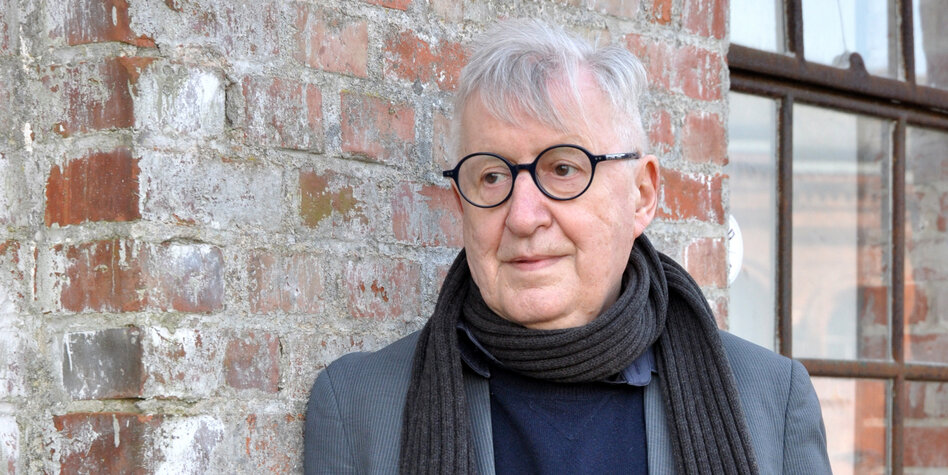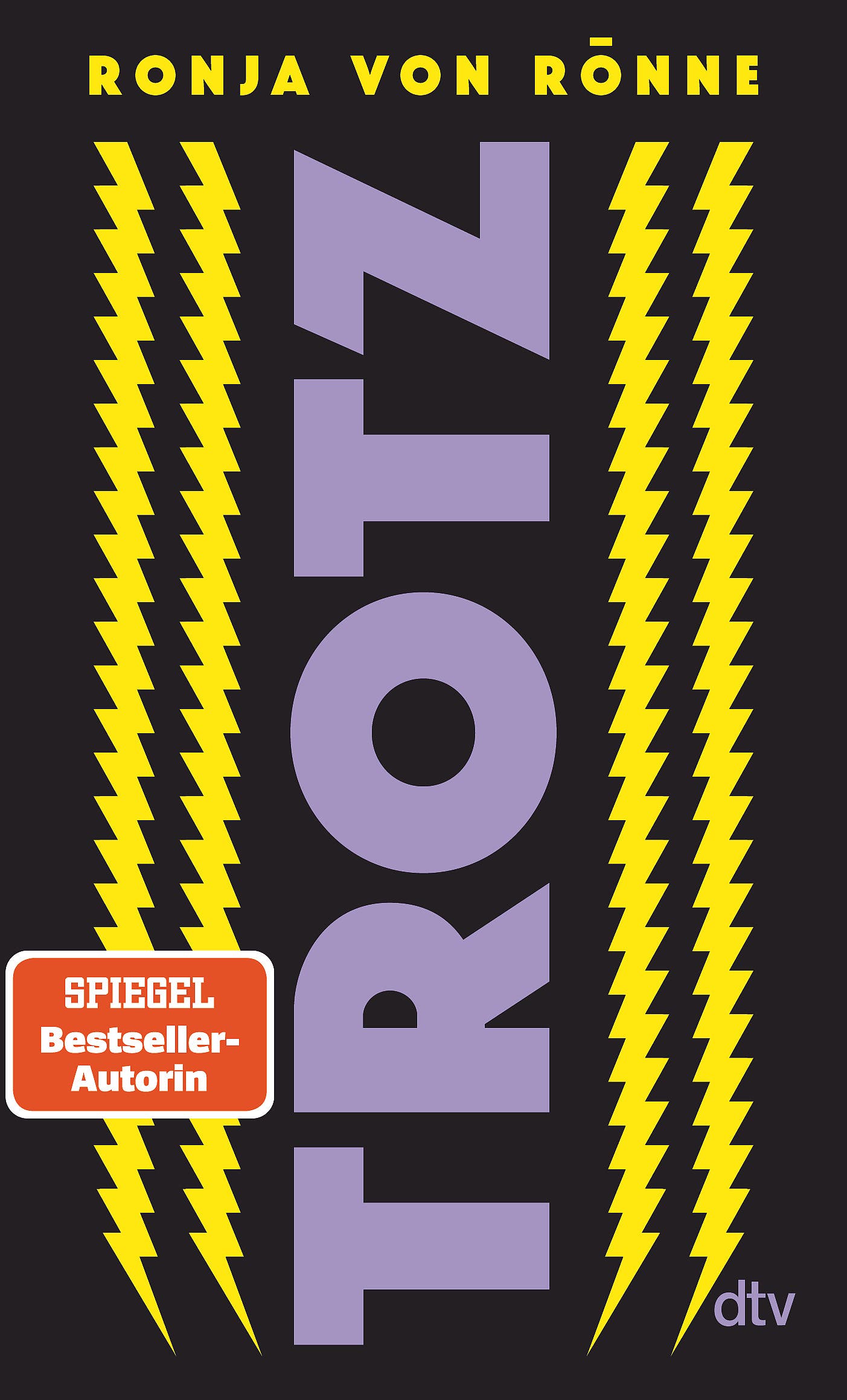NRC
Doodsbedreigingen aan het adres van Pim Lammers, de CPNB die het woord ‘essay’ wil mijden. In deze anti-elitaire tijden moeten we wat meer opkomen voor de literatuur, schrijft Bas Heijne. (…)
Kandidaten in De Slimste Mens die echt geen idee hebben wie Salman Rushdie is. Een schrikbarend aantal jongeren dat weinig tot niets weet over de Holocaust. (…)
Vervolgens was er het rampbericht over het taalniveau van pabo-studenten, dat ‘alarmerend laag’ blijkt te zijn. (…)
En dan was er de CPNB die het woord ‘essay’ voortaan liever wil mijden, omdat het bij jong en oud associaties van moeilijk en huiswerk oproept. (…)
En nu is er dan de nationale ophef over de vele doodsbedreigingen aan het adres van de jonge kinderboekenschrijver Pim Lammers (en aan dat van schrijvers die het voor hem opnamen). (...)
(Teskts loopt door onder de illsutratie.)
:format(webp)/s3/static.nrc.nl/bvhw/files/2023/02/data96607849-22a0a5.jpg)
Je zou het niet meteen zeggen, maar al die incidenten hierboven hebben met elkaar te maken. Als je bijvoorbeeld wél geweten had wat Salman Rushdie is overkomen na publicatie van zijn roman De duivelsverzen, dan zie je dat we met de hetze tegen Pim Lammers een polderversie van die affaire meemaken. (...)
Ondertussen druipt het verhaal over Lammers op de website reactionair.nl, die de hele affaire begon, van onversneden homohaat. (...)
Het lijkt mij dan ook niet dat de klagers en ophitsers een verhaal als dat van Pim Lammers letterlijk opvatten, en zich niet bewust zijn van het fictieve karakter, maar eerder dat ze helemaal niet meer willen dat dit soort thema’s in een verhaal of roman worden verkend. Dat is veel gevaarlijker. De verbeelding zélf is de vijand, omdat die gedachten en gevoelens beschrijft die mensen domweg niet zouden mogen hebben. Dat past goed bij de inmiddels lange lijst romans die uit de Amerikaanse schoolbibliotheken werden verbannen, klassiekers als The Catcher in the Rye, To Kill a Mockingbird en Animal Farm. Boeken die je aan het denken zetten, die je vragen laten stellen, over jezelf en de wereld, die je bewust maken van ongelijkheid en onrechtvaardigheid.
Conformeer je aan onze benepenheid, is het motto, durf niet langer te weten. Het is onze geest die gezuiverd moet worden. (...)
Het lijkt futiel gedoe, maar in de kwestie rond het vermijden van het woord ‘essay’ door de CPNB komt al het onbehagen samen. (...)
„Lezers zoeken een andere beleving in een boek dan het vak belooft. Dat is vaak ontspanning: lekker op de bank chillen met een goed verhaal. Iets heel anders dus dan het idee dat lezen je slimmer, empathischer en wijzer maakt.”
Aha. (...)
Het gaat niet over een natuurlijke ontwikkeling in een levende cultuur. Het gaat om decennia van dumbing down, de constante nadruk op „beleving” in plaats van bewustwording. Anders gezegd, steeds meer fantasy, steeds minder Orwell.
Het proces van individualisering heeft het primaat van het ‘ik’ gevestigd – jij mag zelf bepalen wat goed voor je is, wat je interessant vindt en wat niet. Vroeger stelde de samenleving eisen aan een individu, tegenwoordig is het veelal andersom. Dwang is uit den boze, je moet verleid worden, het moet eerst aantrekkelijk worden gemaakt. (...)
Ik heb begrip voor de uitdagingen waarvoor een organisatie als de CPNB zich gesteld ziet. Maar nu een door hen verkozen auteur een doelwit van tomeloze digitale en politieke agressie is geworden, moet men terugvallen op een verdediging van de literatuur met argumenten die men zelf achteloos helpt te ondermijnen, door die constante nadruk van lekker chillen op de bank met een spannend verhaal. (...)
Waar kies je voor: het actief stimuleren van kritische vaardigheden en beschouwing in het lezen, of het wezenloos faciliteren van „beleving”? De affaire Lammers is een wake-up call. We moeten fel voor deze jonge schrijver opkomen, maar ook wat meer voor de literatuur zelf.
Hele artikel
Tags: #nederlands #nederland #boeken #litaratuur #cpnb #salman_rushdie #holocaust #pabo #taalniveau #essay #pim_lammers #pedofilie #homohaat #verbeelding #conservatieven #verheffing #culturele_verheffing














:format(webp)/s3/static.nrc.nl/bvhw/files/2023/02/data96607849-22a0a5.jpg)
/s3/static.nrc.nl/bvhw/files/2023/02/data96607849-22a0a5.jpg)